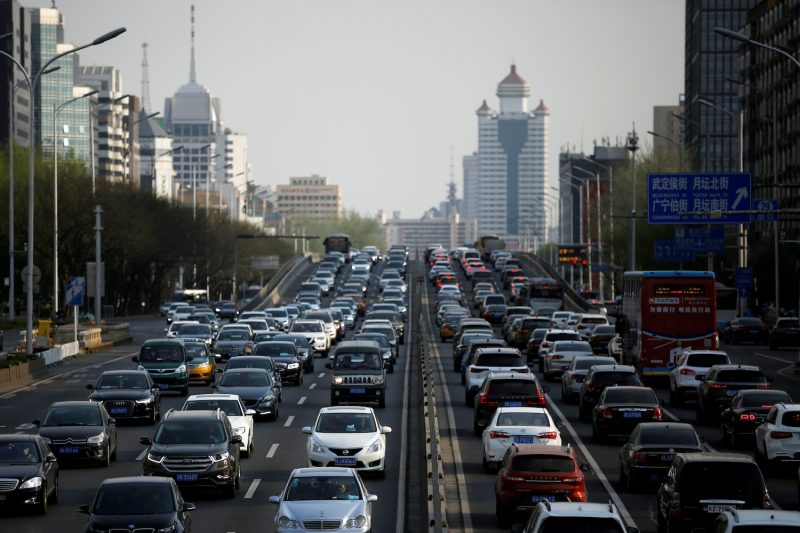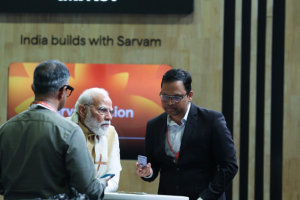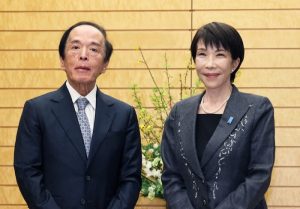China sales of new energy vehicles, including hydrogen fuel-cell, electric and plug-in hybrids, jumped 100% in August from last year, according to industry data released on Friday.
Boosted by government incentives, the sector is leading the recovery of China’s overall car market.
Auto sales in August reached 2.38 million units, according to the China Association of Automobile Manufacturers (CAAM), which said sales for the first eight months this year were 1.7% higher than the same period in 2021.
China’s government has used policies to incentivise electric vehicle sales, such as a lower sales tax for small-engine vehicles and subsidies to spur trade-ins of gasoline vehicles for electric ones.
US electric vehicle maker Tesla saw sales in China triple from its Shanghai factory in August, and exported 42,463 Model 3s and Model Ys from China, up from 19,756 in July, when work stopped for a factory upgrade.
China’s vehicle exports also increased 65% from a year ago, CAAM added, with electric vehicles accounting for 27% of them.
Covid Restrictions, Heatwaves
China’s overall August car sales were still 1.5% lower than in July, with power restrictions affecting production of automakers and China’s longest and most intense heatwave since records began in 1961 reduced customer visits to showrooms.
But more big cities such as Shenzhen and Chengdu have imposed fresh lockdowns as Beijing sticks to its “dynamic zero” Covid policy to stamp out every infection chain.
Those measures are weighing on the industry again with automakers such as Volvo, Toyota and Volkswagen either suspending production or putting their factories into closed-loop systems, which generally still impacts output.
The sector was hit hard earlier in the year, with months of stringent lockdowns in the major manufacturing hubs of Shanghai and Changchun.
- Reuters, with additional editing from Alfie Habershon
Read more:
Toyota, Honda, Nissan Ranked Badly for Decarbonisation
China Says Licences Needed for Mapping by ‘Smart Cars’
Australia Plans Car Emission Rules to Boost EV Sales
























